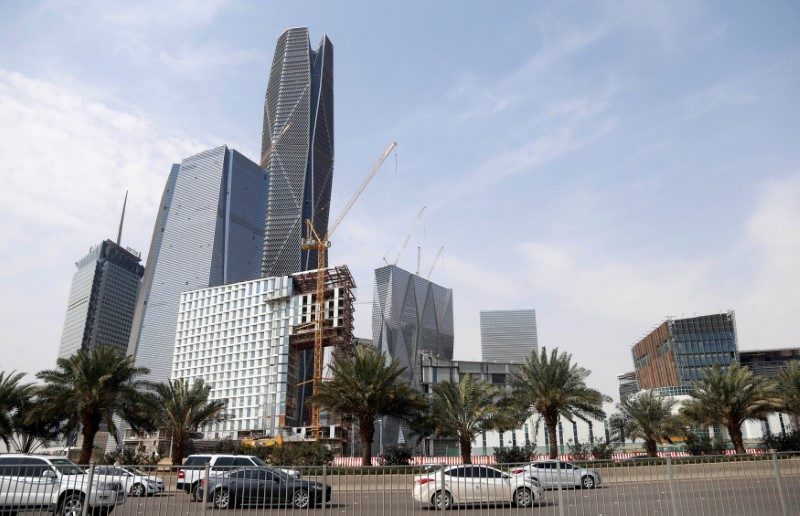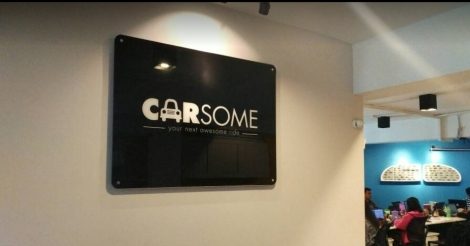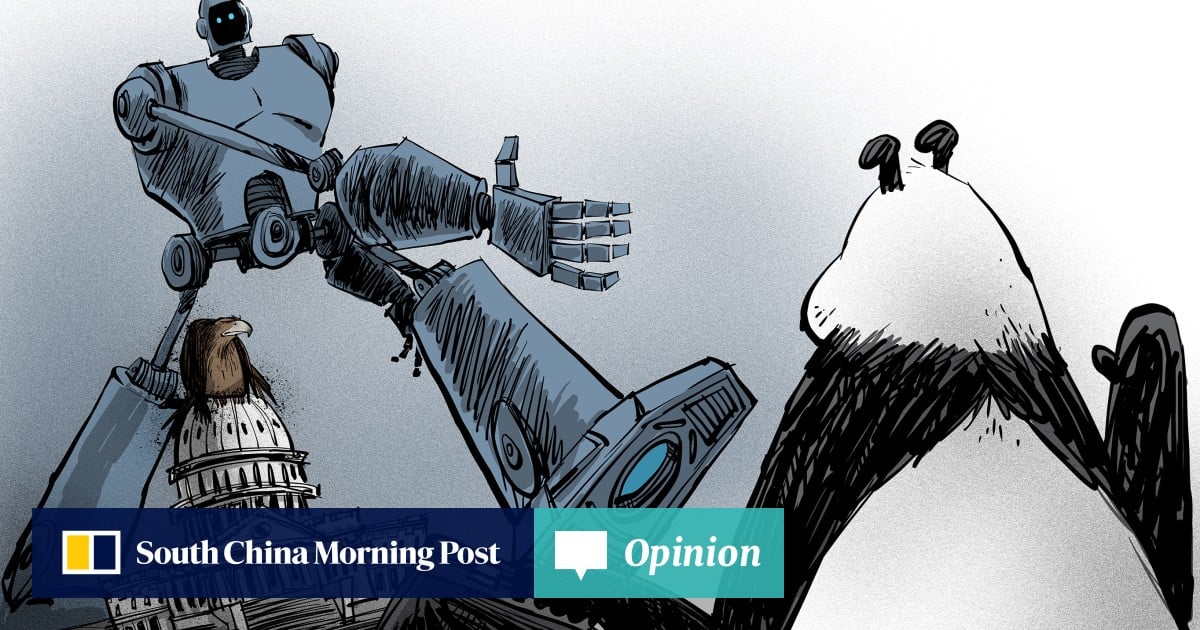SEOUL, South Korea — Samsung Electronics reported a 53 percent increase in operating profit in the second quarter compared to the same period a year ago, thanks to high memory chip demand fueled by the coronavirus epidemic, which more than offset dropping smartphone sales. Operating profit grew by 53.4 percent to 12.5 trillion won ($11 billion) in the April-June quarter, according to results projections issued by the world’s largest memory chipmaker. During the same year, Samsung’s income increased by 18.9% to 63 trillion won. Operating profit increased 9.4% quarter over quarter, while revenue fell 3.7 percent. The results exceeded the market consensus of 21 brokerage houses polled by stock market information provider FnGuide, which predicted an operating profit of 11 trillion won and revenue of 61.3 trillion won. Samsung’s guidance is vague, and the company plans to provide comprehensive financial data later this month. Analysts say Samsung’s semiconductor sector is likely to have led the strong performance because memory chip prices have risen dramatically as clients stock up. DRAM costs may have increased by more than 20% in the second quarter compared to the previous quarter, according to Nomura. In response to the data, SK Kim, an analyst at Daiwa Capital Markets, stated, “The memory chip upside may have led the positive performance, while one-time gains on the display side also helped.” Kim went on to say that Samsung’s statistics were likely boosted by what he believes was an Apple penalty payment of around 1 trillion won to the South Korean corporation. When Apple is unable to order as many displays as promised, it compensates Samsung. On Wednesday morning, calls to Apple’s Seoul office requesting comment went unanswered. Samsung could continue to gain from the continued need for corporations to acquire semiconductors, according to CW Chung, a senior analyst at Nomura, who wrote a study ahead of the forecast. “We predict Samsung Electronics’ second-quarter shipping will likely exceed expectations, and DRAM inventories will continue to fall in the third quarter due to robust demand,” Chung added. “As hyperscaler demand for server DRAM grows, DRAM production is shifting toward server DRAM.” Companies that provide cloud, networking, and internet services are referred to as hyperscalers. Among them are Google, Amazon, Facebook, Alibaba, and IBM, to name a few. According to TrendForce, a Taipei-based research firm, Samsung and other memory providers see no need to cut prices to boost sales because overall server memory procurement is likely to go up in the third quarter. Despite its upbeat outlook, Samsung’s stock fell 0.74 percent to 80,600 won in morning trading. South Korea is assisting the country’s chipmakers in leading the worldwide market by lowering taxes, easing rules, and nurturing talent as rivalry from rivals such as Taiwan Semiconductor Manufacturing Co. heats up. Last week, the Ministry of Industry, Trade, and Energy announced that it will enhance tax deductions for chipmakers’ investments in research, development, and infrastructure by categorizing semiconductors, along with batteries and vaccines, as essential national strategic technologies. Seoul isn’t the only one assisting its semiconductor makers. Under President Joe Biden’s leadership, the US is likewise keen to develop resilient supply chains in the chipmaking business in order to sustain the country’s technological advantage and oppose China’s challenge. According to Eugene Investment and Securities, Samsung’s smartphone shipments are expected to have dropped to less than 60 million units in the three months through June from 76 million in the previous quarter, due to lower demand from India and a production halt in Vietnam due to the coronavirus pandemic. According to Counterpoint Research, Samsung is the world’s largest smartphone maker, with 22 percent of worldwide market share in the first quarter, followed by Apple with 17 percent. As a second wave of coronavirus illnesses swept across India this year, TrendForce cut its annual growth rate forecast for total global smartphone production to 8.5 percent this year from a previous expectation of 9.4 percent. However, Daiwa Capital Markets’ Kim stated that Samsung’s status appeared to be stable. “The mobile business appears to be performing better than projected,” Kim stated. “Its sales may have decreased 20%, but thanks to high-margin tablet sales, the product mix may have improved.”/n
Read MoreSamsung Q2 profit soars 53% amid strong memory chip demand
2021-07-07T02:48:49-04:00July 7th, 2021|





